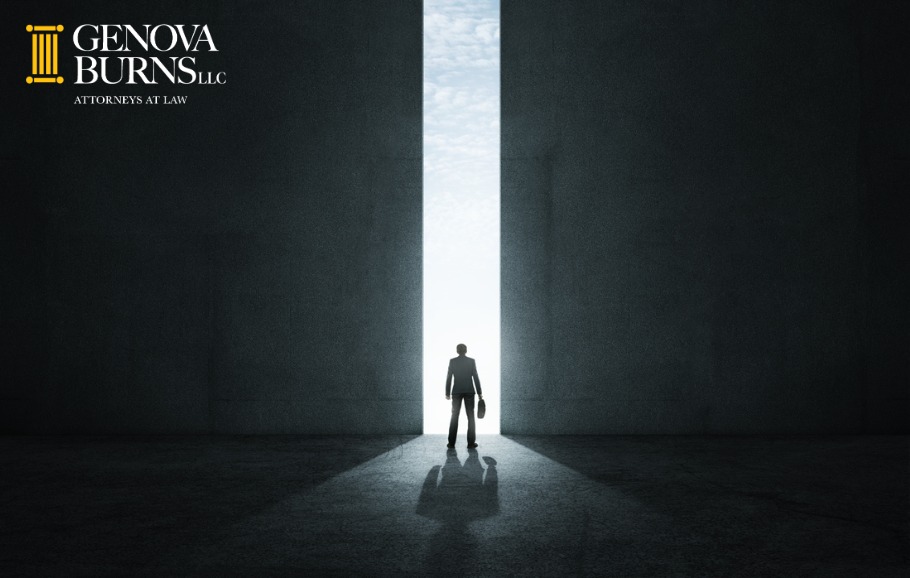SIXTH CIRCUIT DECLINES TO DEFER TO NLRB DECISION CITING LOPER BRIGHT
August 26, 2024 | By: Edward J. Bonett, Jr., Esq.
There has been much speculation about how much deference the courts will give to federal administrative agencies,’ including the NLRB’s, statutory interpretations in the wake of the Supreme Court’s June Loper Bright decision which jettisoned Chevron deference. We didn’t need to wait long to find out the 6th Circuit’s answer – none. In Rieth-Riley Construction, a case involving an appeal from an NLRB decision and the NLRB’s cross-petition for enforcement against an employer and a union, the 6th Circuit did not mince words when it said: “We do not defer to the NLRB's interpretation of the NLRA, but exercise independent judgment in deciding whether an agency acted within its statutory authority. … We pay ‘careful attention’ to the judgment of the agency to inform that inquiry, and we also review de novo the NLRB’s interpretation of non-NLRA legal conclusions.” Rieth-Riley Construction Co. v. NLRB (6th Cir. Aug. 14, 2024).
While the headline-grabbing part of the Rieth-Riley decision focuses on the court’s ruling that President Biden’s decision to fire the NLRB General Counsel in 2021 was lawful, the holding in the case that is more significant for the future of administrative law is the standard of review the 6th Circuit applied. Affording no deference to an agency’s interpretation of the very law it enforces is extraordinary.
The case partly involved a claim that Rieth-Riley failed to furnish requested information to a union that represents its employees. This is typically a garden variety allegation stemming from the statutory duty to bargain and an issue traditionally in the NLRB’s wheelhouse. In the past, courts have routinely deferred to the NLRB’s interpretation of the NLRA for such allegations.
Post-Loper Bright, the open questions were whether courts will continue to defer to NLRB interpretations and whether NLRB decisions and regulations would be minimally impacted. The Loper Bright case dealt with agency rulemaking as opposed to agency adjudication, and the NLRB largely engages in rule-making by case adjudication. When reviewing agency adjudications, courts did not invoke Chevron deference often to uphold agency decisions, as opposed to agency rules and regulations. However, the 6th circuit decision is stunning in that it pays no deference to the NLRB’s garden variety holding that the employer violated its duty to provide information. Rather, the court performed a de novo review of the Act with respect to the employer’s duty to bargain and furnish information. Granted, the court did not reverse the NLRB here, but the fact that it gave the NLRB’s decision no deference potentially opens the gates to future judicial scrutiny of every NLRB adjudication, not just adjudications that include rule making.
Whether the 6th Circuit’s viewpoint becomes the model for the other Courts of Appeals remains to be seen, but if other courts adopt the 6th Circuit’s invocation of the Loper Bright decision in NLRB enforcement cases, this may in time produce a clear, predictable set of labor law standards from the federal courts.
If you have any questions about how this development affects your business, please contact Ed Bonett at 908-546-6991 or ebonett@genovaburns.com, or any partner in our firm’s Labor Law Practice Group.
Tags: GENOVA BURNS LLC • Patrick W. McGovern, Esq. • Edward J. Bonett, Esq. • Labor Law • Employment Law • Sixth Circuit Court of Appeals • National Labor Relations Board • National Labor Relations Act • Loper v. Bright • Supreme Court • Rieth-Riley Construction Co. v. NLRB • Chevron Deference


